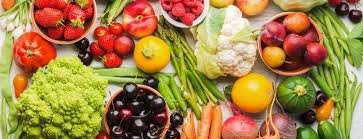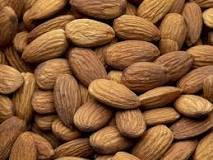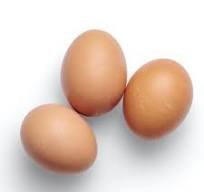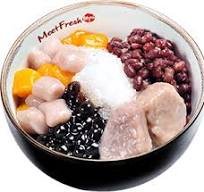
FOOD AND DIET
Healthy diets and natural food selection can help to avoid from diseases in human life. The 80% energy depended on uses of natural and healthy food and 20% energy is depending upon medicines.
OVERVIEW OF NATURAL FOOD AND HEALTHY DIETS
The effective controlling of food intake and diet are both key to good health conditions. Understanding good selection of diet for eating and paying attention to what you eat can help you maintain or improve your physical / mental level of health.
WHAT IS HEALTHY & NATURAL DIETS?
Natural Food and diets are the way that we get fuel for our bodies through that is 80% energy source of natural food and 20% energy through medicines. We need to exchange healthy diet in our bodies with a new supply on daily basis. Water is playing vital role and very important element of food. Fats, proteins, and carbohydrates are all required. Maintaining key vitamins and minerals are also playing a vital role for preserving good health. For pregnant women and adults over 50, vitamins such as vitamin D and minerals such as calcium and iron are important to consider when choosing foods to eat, as well as conceivable dietary supplements. Natural foods and drinks will mean something different for everyone as it’s a beautiful imprecise. But, generally speaking, natural foods are:
- Free from artificial ingredients or flavors
- Unrefined
- Full of Healthy diet
- Maintenance of water quality
.
For example, a carrot picked straight from the ground would be classified as natural but that carrot cake on the shelf in the market not so natural.
CONCLUSION
- Natural foods are free from artificial ingredients, unprocessed and usually richer in diets, e.g. fresh fruit and vegetables
HEALTHY DIETS



A healthy diet includes a lot of natural foods. A sizeable portion of a healthy diet should consist of fruits and vegetables, especially ones that are red, orange, or dark green. Whole grains, such as whole wheat and brown rice, should also play important part in your healthy diet. For adults, dairy products should be non-fat or low-fat. Protein can consist of lean meat and poultry, seafood, eggs, beans, legumes, and soy products such as tofu, as well as unsalted seeds and nuts.
Healthy deities and natural foods also involve avoiding certain kinds of foods. Sodium is used heavily in processed foods and is dangerous for people with high blood pressure. The USDA advises adults to consume less than 300 milligrams (mg) per day of cholesterol (found in meat and full-fat dairy products among others). Fried food, solid fats, and Trans fats found in margarine and processed foods can be dangerous to heart health. Refined grains (white flour, white rice) and refined sugar (table sugar, high fructose corn syrup) are also bad for long-term health, especially in people with diabetes. Alcohol can be hazardous to health in amounts more than one serving per day for a woman and two per day for a man.
There are many high-quality, free guidelines available for healthy eating plans that give more details on portion size, total calorie consumption, what to eat more of, and what to eat less of to get healthy and stay that way.
NATURAL FOOD VS PROCESSED FOOD
Processed food includes any food that has been altered from its natural state in some way. The term has been some hat demonized over the years, but the truth is that not all processed food is necessarily bad for you.
Food processing can be as basic as:
- Canning
- Freezing
- Baking
- Drying
Does it make sense to turn your nose up at frozen peas just because they’re not considered ‘natural’? We think not.
Although it is best to stick to natural foods where possible, here are some examples of processed foods that may surprise you (and are perfectly fine to include in a healthy, balanced diet):
- Milk
- Cheese
- Tofu, tempeh and other soya products
- Plant-based milks
- Breakfast cereals
- Tinned vegetables / fruit
- Dried fruit
- Oil
- Bread
- Vinegar (we see you apple cider vinegar!)
The processed foods that you need to watch out for are those overloaded with added sugar, fat and salt like:
- Fast food
- Burgers
- Hot dogs
- Chicken nuggets
- Pastries
- Microwave meals
- Cakes
- Biscuits
SUMMARY
- For a food to be deemed natural it must be unprocessed, e.g. not altered from its natural state
- However, this means that frozen, canned or baked foods like fruits and vegetables technically cannot be classed as fully ‘natural’
- weaver, this means that frozen, canned or baked foods like fruits and vegetables technically cannot be classed as fully ‘natural’
